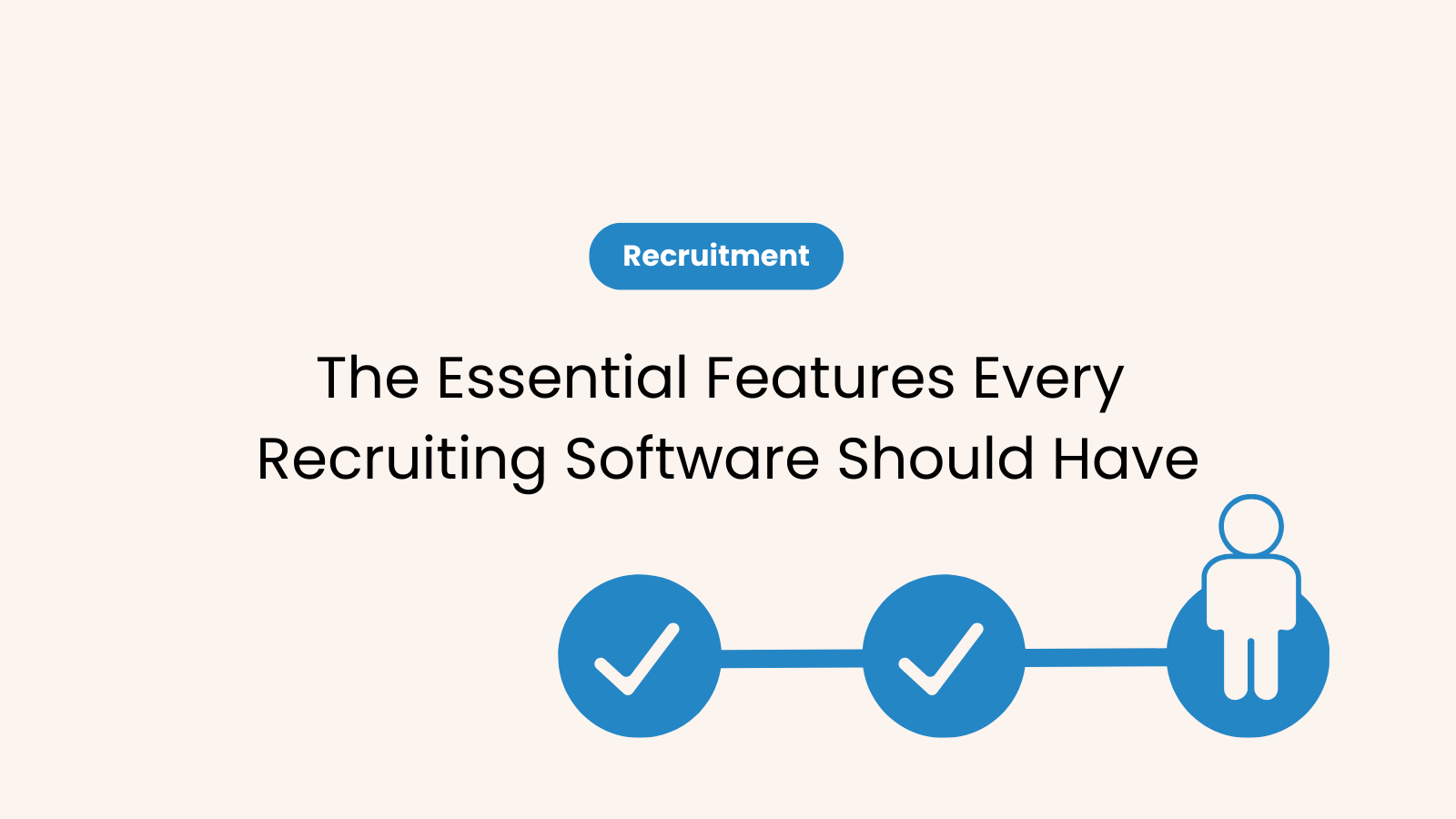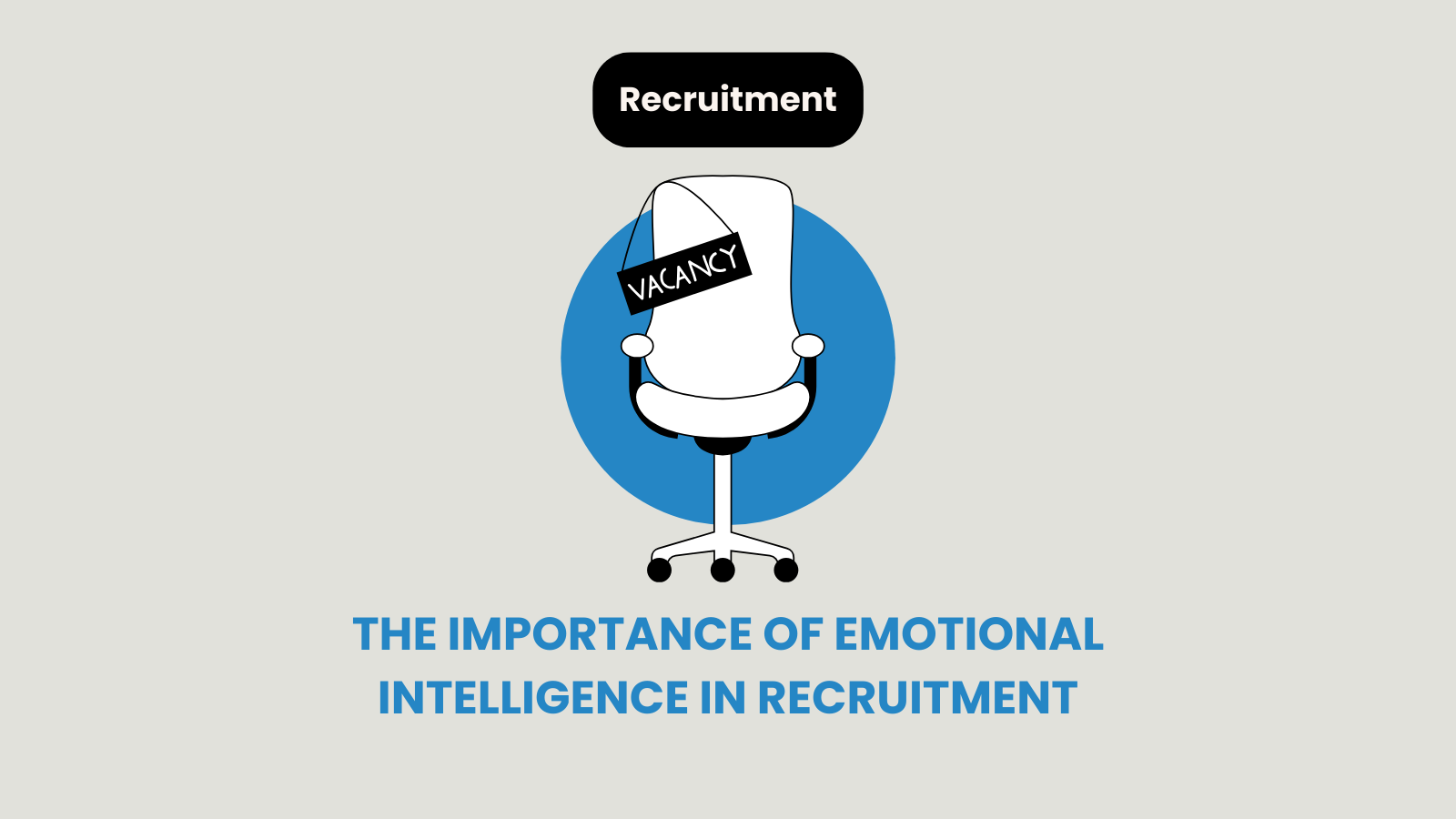If you are looking to hire freelance developers, and wondering about growing freelance communities around the world, here’s a quick guide.
Freelancers and gig economy have made their point: they are here, they are awesome, and they’re not going anywhere. Although most brands have, at first, shown quite a defiance against the rapidly-growing and popular working-from-home-or-anywhere-else-for-that-matter business culture, the truth is that this shift has brought plenty of good stuff – for freelancers and businesses alike.
With seemingly no (geographical) boundaries to their operations, freelancer can live and work anywhere while still contributing their share to the world of tech and other niches. Thanks to tools like video chats, email, messaging services like Slack and such, everyone can stay in 24/7 communication and be included in the ongoing matters.
Are Freelancers Happier Than an Average Office-Bound Joe?
Millennials and hires alike are more about substance than form. They value their creative process, their time and freedom, and they understand working for eight hours straight from an office they usually don’t even like won’t result in top results. In today’s business culture, flexibility is a must so the fact there are more and more freelancers doesn’t really surprise. How freelancers manage time should be no concern to the company that hires them, as long as there are results.
Freelancers set their own working hours and location, they go around, explore, get inspired by different surroundings and if they happen to settle somewhere with a lower cost of living in the process – then so be it. How freelancers make money usually depends on the number of gigs they work on, the clients they endorse, the countries they come from, and plenty of other factors.
Frequently, professionals in developing countries turn to freelancing since they are unable to find a job in a cutthroat job market. Still, they are believed to be happier than people chained to their desks. What is more, they happen to be making more money than they would if they worked for someone else.

Connecting to Freelancers
Having access to a global market means the world for companies looking for a diversified palette of skills and interests! Plus, hiring freelancers pays off more in the long run than locally scouting for talents. Hire JavaScript developers, technology experts, quality software developers, talented content writers, amazing designers (and other experts) at a budget-friendly rate just by giving foreign talent pools a chance! All you’ve got to do, as a company, is do your research right, be smart about the selection process and voila – you’ve got top talent working in your team!
But, Which Countries Are the Best to Hire Freelancers?
Whether you are a recruitment agency hiring talent to work in the creative sector, marketing, business consulting, as a developer or in programming, everything is almost at your immediate reach. Oxford Internet Institute has recently published a report on where online workers live, as well as which industries thrive in each country.
These days there are tens of millions of freelancers worldwide. About 35.5% of them live and work in Europe; 29.2% — in America; 28% in Asia; 10.1% in Africa. If you are looking to hire freelances, these are the countries you may want to check out:
Asia
It doesn’t come as a surprise that Asia is the country that dominates the freelance market globally. Asian countries are known for a skilled technical workforce that comes at extremely affordable rates. Major companies around the world rely on Asian freelancers for support on their ongoing projects or they even set up entire teams working for them in any of the prominent Asian countries. Pakistan, Philippines, Bangladesh, and India are just a few Asian countries you can turn to for cheap yet professional labor source.
Germany
In recent years, Berlin has become the hot spot of professionals, both domestic and visitors from around the world. Apparently, Berlin makes for the perfect urban setting for everyone who wants to work, professionally upgrade, and get fantastic work-life balance out of it. Compared to other Europe cities, Berlin is not too expensive a city to live in, with average pay for a freelancer rounding to 2,000 – 2,500 euros. Usually, freelancers from around the world come to Berlin for its financial and cultural benefits, and the fact companies they pair up with are the ones getting all documents and work permits in order is a huge plus. Other cities in Germany are predominantly industrial and not that big on cultivating freelance culture.
Serbia
Known for an extraordinarily professional, highly-skilled and affordable workforce, Serbia is one of the top Europe countries for hiring freelancers in virtually any field, from software developers to creatives in digital marketing. Since the country’s economy isn’t too favorable for locals, most seek freelance engagements outside of their steady work positions as a means of generating additional income. Some Millennials in Serbia are dropping their regular 9-to-5 jobs altogether and turning to freelancing for a living, as a more profitable way to get around.
Recent years have seen an increase of foreigners coming to Serbia to live and freelance, as the country offers a culturally-infused life, great housing options, and a cosmopolitan lifestyle at budget-friendly rates. If you are a recruiter looking for freelance developers or experts in other fields, Serbia may be the country to raid for talent.
Spain
As of recently, Spain’s been a trending freelance spot for people looking to work in an amazing climate, surrounded by breathtaking sights and culture. Apparently, there are three million self-employed people – ‘autónomos’ – in Spain, making freelancers and gig workers more and more popular.
Companies looking to hire freelance workers can turn to the Spanish talent pool for several industries. As for freelancers coming to Spain to work, you’ll have to apply for a freelance visa in your home country and stay in touch with a local Spanish consulate or embassy. The process of getting a work permit for Spain can be a bit draining, but it’s rewarding, in every way.
Portugal
Yet another Mediterranean country is getting on the freelance map, and we can see why. Similarly to Spain, Portugal boasts on amazing climate and cultural sights most freelancers love working in. Plus, although a bit expensive compared to other Europe countries, Portugal offers great housing options which is always a plus for freelancers across the globe. Since the country’s economy isn’t that bright, plenty of locals are turning to freelance engagements rather than office setups, making Portugal a perfect place to scout professionals you may need for your company. Browse through Portugal talent pool to hire freelance developers, creative experts, and similar.
USA
At this moment in time, approximately 35% of the American workforce is made of freelance population. Although not many rely on their freelance gigs as primary sources of income, they freelance for an extra boost of their regular income. America’s freelance workforce is mostly known for quality workers, with the freelance market evenly split among the creative sector and multimedia, software development and technology, as well as writing and translation.
Brazil
Brazil freelancers are highly skilled and talented and often collaborate with companies outside of Brazil. Why? It seems that local companies are still not used to using external professionals (read: OOO ones) to boost their progress, so Brazil freelancers usually need to find gigs elsewhere. Hiring a freelancer in Brazil is cheaper than in the USA, and the majority of European countries since the freelance economy in Brazil isn’t still as trending as it is in the rest of the world.
Freelancers Near Me
Freelance culture has massively gained in popularity, helping both companies and freelancers get the best business engagements for themselves. Are freelancers considered employees? They can be, depending on the type of arrangements you agree on.
How freelancers are paid is also a matter of mutual agreement, which is yet another plus for these types of collaborations. With the freelancer and gig economy trends on the rise, countries around the world are setting up or upgrading their freelancer-friendly tax systems to help everyone score and we are excited to see where things go from here.




